Germany’s supply chain due diligence law, as well as the EU legislative proposals on deforestation-free supply chains and for an EU-wide supply chain law, are presenting companies that source from smallholders in developing countries with huge challenges. To access the EU market in the future, companies will need proof that they are meeting legal due diligence requirements. This creates an urgent need to trace and securely document the origins and sustainable production of agricultural products and these international supply chain laws put the agricultural sector and international markets in a challenging position.
While clients in Europe or the US demand from exporters full traceability and transparency within the supply chain, these aggregators often buy from cooperatives, or agricultural commodity traders, that for different reasons, do not have ICT systems in place to share data. “As a result, the traceability is broken and millions of smallholder farmers are at risk of losing their access to the EU market”, according to Almut van Casteren, co-founder of and Chief Revenue Officer at eProd Solutions in Kenya.
As the cooperatives and commodity traders don’t have access to affordable and appropriate enterprise resource planning (ERP) systems such as eProd, they cannot effectively feed their data into bigger traceability platforms. eProd Solutions is a member of the Digital Integration of Agricultural Supply Chains Alliance, or DIASCA in short, an initiative supported by the German development cooperation/GIZ-supported initiative to support the interoperability of digital traceability systems in global agricultural supply chains.
Several international traders have started introducing agricultural supply chain management software to their partner cooperatives to ensure compliance with the market. An example is the NKG Bloom platform, which assists “sourcing with a purpose” and can share background information with coffee roasters. Provided that the first mile data is captured correctly of course. It is instrumental that software tools capture more than traceability information and that they are integrated to provide holistic solutions for daily management. Examples are farmer registration, input/ loan cycle management but also the buying process including communication agronomic advisory services to prepare for climate change risks.
Many coops and traders avoid digital tools as they often offer only a partial solution. eProd however offers a full suite of solutions. Practical daily challenges, like automatically deducting the tare weight of a bag of coffee berries, manual data entry, lack of transaction codes et cetera can cause mistrust in a digital system or make it too cumbersome for daily use. By having the required features practically integrated, the adoption rate of digital tools at the cooperatives improves, adding to the trust within an organization and providing the required foundation for information flow to access the international markets.
eProd just added some additional features into its buying process to continue to assist cooperatives, and their stakeholders – to have the required systems in place to allow for continuous building of transparency, trust, and accountability throughout the value chain. Please view the introduction to some of the latest features click here. For more information or a live demo, please reach out to info@eprod-solutions.com.
